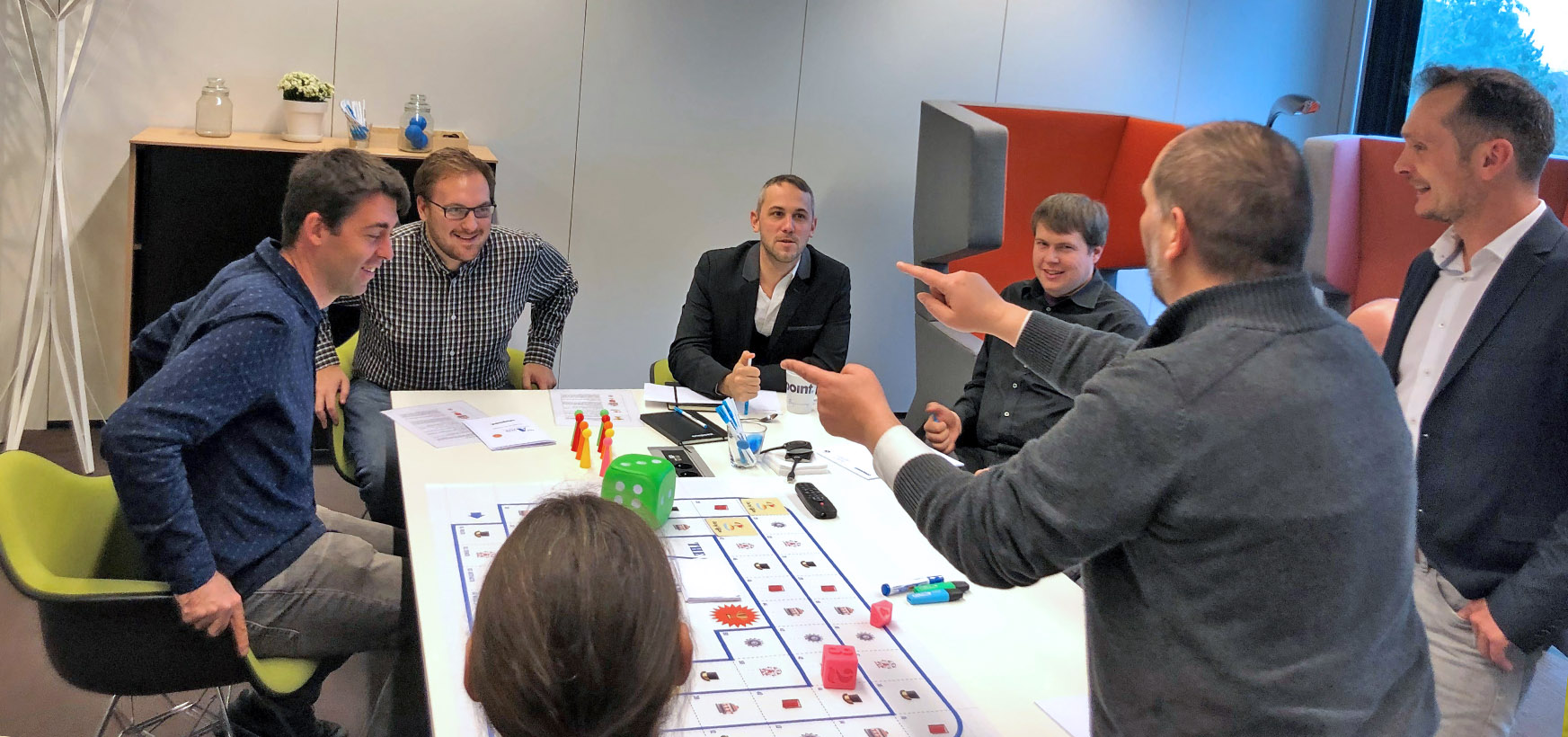
The terms “freelancer” and “consultant” are sometimes confused, but there is a key difference. A freelancer is self-employed and not necessarily committed to one particular employer or company on a long-term basis. A consultant, on the other hand, is not self-employed, and has a permanent contract with a consulting firm, which then sends them to the client (with whom the consultant does not have a contract) for a fee.
Types of consultant
There are two types of consultant: internal and external. Internal consultants provide expert advice to the company that employs them, while external consultants work with clients who pay a fee to the firm that employs the consultant.
Consultants can be internal or external |
Big consulting firms often hire more consultants than they need at a given time. This is because they are anticipating an increase in demand at certain points in the year (e.g. in the new year, after the summer…). Because of this, consultants may be hired when there is no mission actually ready for them: it’s like sitting on the bench for a sports match, waiting to come on.
What does being “on the bench” mean for a consultant?
Essentially, being on the bench means you have to wait for work. In the meantime, you’re likely to be given smaller projects which are less satisfying and fulfilling, such as providing support or maintaining applications. This kind of project unfortunately offers little opportunity for you to use your skills or develop professionally. Some agencies promise the consultants that they will be able to follow training while they’re on the bench. Due to poor planning, however, this doesn’t always happen.
Ending up working on a project you’re not very interested in is far from ideal and can lead to frustration and boredom. It also means a firm isn’t using its resources efficiently, as someone who is an expert in their field could be given a small, less meaningful project where their skills are not used to the full potential. This kind of task could be given to a more junior employee instead.

What’s the solution?
Some companies have found an excellent way to address this issue. Before hiring any consultants, they make sure to plan a meaningful internal project for them to take care of when they arrive. This turns the frustration of the “bench” into more interesting work that has been planned and arranged.
The external element of the job involves being sent on a mission to a client: this is the main reason for hiring a consultant. As well as this, however, all consultants hired with a contract have an internal mission which offers them enough of a challenge to keep them motivated and which fits the way they wish for their career to develop.
Consultant’s jackpot:
|
This is exactly how onepoint works. onepoint is a Belgian branch of a large French consulting firm, well known on the French market. The fact that onepoint’s mother company has a good reputation makes it easier for it to win big clients in Belgium, which is a relatively new market for them (onepoint has been present in Belgium since 2016). This in turn ensures continuity of missions for consultants.
In addition, onepoint has a second, internal role for every consultant hired on a permanent contract. An Agile Coach, for example, will not simply consult clients, but also be in charge of building the team at onepoint. They will coach this team, gaining a better internal knowledge in the process.
It’s logical that a company that cares about their consultants enough to prepare fulfilling work for them is also more likely to invest time in them generally. Training is at the heart of how onepoint works. Some people have been hired just after finishing a theoretical course, as they wished to change career. Visit their page on MyNextCompany to see the testimonials of Corentin, Eric and Julien, for whom onepoint made it possible to learn on the job.
It’s clear that Belgium is a great place to work as an IT consultant. Companies are keen to offer development opportunities for consultants, showing they value their skills and work. Talented candidates should not end up having to sit on the bench, completing uninteresting projects while waiting for something else to come along. You just need to find a firm that’s right for you and which will help take your career in the right direction!
Next step: Find the right company
Discover bevopr.io, a Belgian platform that will show you the companies that fit your needs, along with the match percentage. All you have to do is like, match, and chat. No need to update and upload your CV either!

Recent Comments